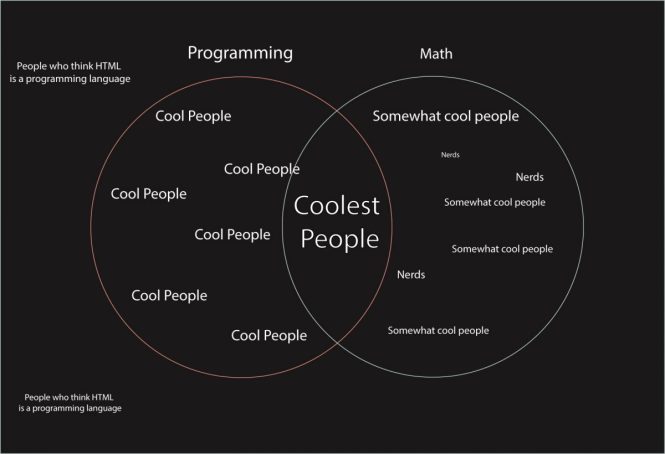

Does programming require math? This seemingly simple question often sparks debate among aspiring programmers and experienced developers alike. The reality is far more nuanced than a simple yes or no answer, as the amount of mathematical background needed can vary considerably based on the specific programming area and the role. This article delves deep into the relationship between programming and mathematics, exploring different programming areas and the math they need, and ultimately helping you understand how much math is required for your career goals. This article is structured as follows: First, we’ll define the types of programming and the level of math typically required. Second, we will break down areas of programming that require advanced math. Third, we will examine programming specializations where mathematical skills are less emphasized, and lastly, we’ll conclude with an actionable summary of the findings for your programming journey.
Defining the Relationship Between Programming and Mathematics
Programming, at its core, involves translating human instructions into a language computers understand. This process relies heavily on logic, problem-solving, and algorithmic thinking, all of which have strong roots in mathematical concepts. However, the extent to which advanced mathematics is necessary varies. Fundamental mathematical concepts like logic, sets, and discrete mathematics are important for grasping core programming principles, such as algorithms and data structures. This understanding helps you structure code efficiently and debug programs effectively.
Programming Areas Requiring Advanced Mathematics
Certain areas of programming demand a strong mathematical background. For instance, areas like machine learning and data science require a deep understanding of statistics, linear algebra, calculus, and probability theory. These mathematical principles are crucial for developing complex algorithms, building predictive models, and making data-driven decisions.
Machine Learning and AI
Machine learning algorithms heavily rely on mathematical concepts to process and analyze large datasets. Understanding concepts like regression analysis, optimization, and statistical inference is critical for effective machine learning development.
Areas with Lower Emphasis on Mathematics
While a solid foundation in mathematics is helpful, some areas of programming place less emphasis on advanced mathematical concepts. For example, front-end web development or mobile application development typically doesn’t involve heavy-duty mathematical calculations. In these areas, a stronger focus is on logic, problem-solving, and understanding user interfaces.
Front-End Development
Creating visually appealing and user-friendly web interfaces often involves HTML, CSS, and JavaScript, requiring a strong understanding of logic and problem-solving but less advanced mathematical expertise.
Programming Specializations and Mathematical Needs
The specific programming specialization greatly influences the mathematical demands. A programmer specializing in web development will likely require less sophisticated mathematical knowledge compared to a programmer working on numerical computations. For example, game development can involve some trigonometry and geometry, but the requirements depend on the specific features of the game.
Game Development
Game programming can use trigonometry, geometry, linear algebra for certain complex features like 3D rendering, and physics simulations. However, other elements like level design and game logic don’t need advanced mathematics.
The Importance of Logical Thinking
Beyond specific formulas or theorems, logical thinking is paramount in all aspects of programming. Building algorithms, debugging code, and designing programs require a strong capacity for logical reasoning. This involves breaking down complex problems into smaller, manageable steps, identifying patterns, and anticipating potential issues.
Frequently Asked Questions
Does programming require calculus?
Not for all types of programming. While calculus is essential in fields like scientific computing and machine learning, it is not a prerequisite for many other programming roles. Prioritizing fundamental programming concepts over advanced mathematical calculations is often sufficient for various roles. The need for calculus depends on the specifics of the application. For many programmers, a solid understanding of algebra, logic, and discrete mathematics is more valuable.
How much math do I need to become a web developer?
Web developers don’t typically need advanced mathematics. A strong grasp of fundamental programming logic and problem-solving is more crucial. Their tasks mainly involve translating user needs into functional web interfaces using programming languages like HTML, CSS, and JavaScript. A solid background in algorithms and data structures provides a good foundation, but extensive calculus or linear algebra is rarely necessary.
In conclusion, whether programming requires math heavily depends on the specific field and your role. While fundamental mathematical concepts like logic, problem-solving, and algorithmic thinking are critical, the extent of advanced mathematics needed can vary significantly. For aspiring programmers, understanding the basics of algebra, logic, and basic computer science principles is a strong foundation. Dive deeper into the areas of programming that interest you to find out how much math is actually necessary for your chosen career path. Explore different programming languages and specializations to discover the best fit for your background and goals.